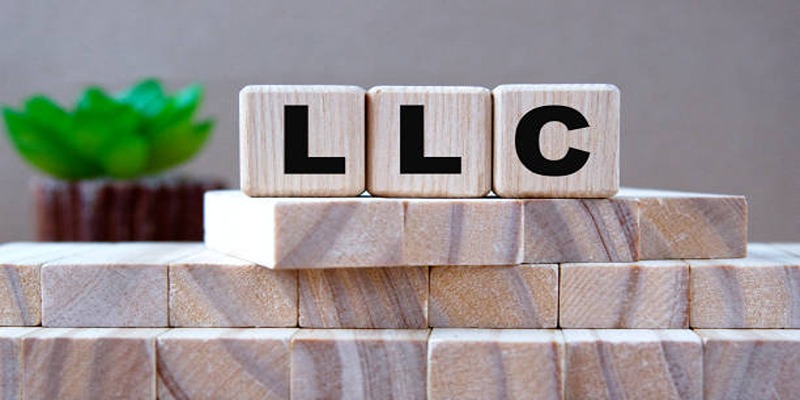A mortgage transfer occurs when a home loan passes its ownership responsibility from one person to another person. A mortgage transfer occurs during sales of houses as well as house ownership transitions and refinancing deals. The transfer process needs approval from the lender because it ensures new borrowers fulfill the necessary requirements. Knowledge about mortgage transference enables better financial decision making both for borrowers who grant mortgages to new owners along with receivers of mortgage inheritance.
Why Would Someone Transfer a Mortgage?

There are several reasons why someone might choose to transfer their mortgage.
- Job Relocation: If someone needs to move for work and they still have a mortgage on their current home, they may choose to transfer the mortgage to a new buyer in order to avoid paying two mortgages at once.
- Change in Financial Situation: Sometimes, unforeseen circumstances can lead to financial difficulties. In these cases, transferring a mortgage to someone else who can afford the payments may be a better option than going into foreclosure or defaulting on the loan.
- Divorce or Separation: When couples divorce or separate, one party may choose to transfer their share of the property and mortgage to the other person. This allows one party to keep the house and continue making payments without having to refinance.
When Can a Mortgage Be Transferred?
A mortgage can typically be transferred at any time, but there are certain factors that may affect the process. These include:
- Loan eligibility: The person taking over the mortgage must meet the lender's requirements for credit score, income, and debt-to-income ratio.
- Lender approval: The lender will have to approve of the transfer and may require additional documentation or fees.
- Property type: Some lenders may not allow a mortgage transfer for investment properties or vacation homes.
- Insurance and taxes: The new owner will need to ensure that insurance and property taxes are up to date in order to avoid defaulting on the loan.
Steps in the Mortgage Transfer Process
Check with your current lender
Before considering a mortgage transfer, it is important to check with your current lender and see if they allow for them. Some lenders may have specific policies in place that prevent or restrict transfers.
Find a qualified buyer
Once you have confirmation from your lender, the next step is to find a qualified buyer who is willing to take over your mortgage. This can be done through word of mouth or by listing the property for sale.
Negotiate terms with potential buyer
It's important to discuss and negotiate all terms of the mortgage transfer with the potential buyer before moving forward. This includes any fees or additional documentation required by the lender.
Draft a transfer agreement
Once both parties have agreed to the terms, it's important to draft a transfer agreement that outlines the responsibilities of both the seller and buyer. This legally binding document will protect both parties in case of any disputes.
Complete required paperwork
The lender may require certain documents to be completed and signed by both parties before approving the transfer. This could include an assumption agreement, mortgage application, and credit check for the new buyer.
Transfer ownership
Once all paperwork is complete and approved by the lender, ownership of the property can be transferred to the new buyer. This typically involves signing over the deed or title of the property.
Pay transfer fees
In addition to the purchase price of the property, there may be additional fees associated with transferring ownership. These can include recording fees, title insurance, and transfer taxes.
Pros and Cons of Buying a Foreclosed Property
There are several benefits and drawbacks to consider when buying a foreclosed property. Here are some pros and cons to keep in mind:
Pros:
- Lower purchase price: Foreclosed properties are often sold at discounted prices, making them attractive for buyers on a budget.
- Potential for high returns: Since you can buy a foreclosed property below market value, there is potential to make a profit if you decide to sell it in the future.
- Opportunity for renovations: Many foreclosed properties may be in need of repairs or updates, providing the opportunity for buyers to add value through renovations.
Cons:
- Competition from other buyers: Because of their lower prices, foreclosed properties can attract a lot of attention and competition from other buyers. This can make it challenging to secure a good deal.
- Unknown property condition: Unlike traditional home sales, foreclosed properties may not come with disclosures about the property's condition. It is important for buyers to thoroughly inspect the property before making a purchase.
Tips for Navigating Mortgage Transfers Smoothly

Here are some tips to help navigate the mortgage transfer process smoothly:
- Do your research: Before making an offer on a foreclosed property, make sure to research the property thoroughly. This includes checking for any liens or outstanding taxes on the property, as well as researching its market value.
- Get pre-approved for financing: It is important to have a solid understanding of your financial situation and how much you can afford before beginning the home buying process. Being pre-approved for financing can also give you an advantage over other buyers in a competitive market.
- Consider hiring a real estate agent: While it is possible to purchase a foreclosed property without the help of a real estate agent, having one on your side can make the process smoother and less stressful. An experienced agent can guide you through the steps and negotiate on your behalf.
- Be prepared for competition: Foreclosed properties can be popular among buyers due to their potentially lower prices. This means that you may face competition from other interested parties. Be prepared to act quickly and make competitive offers if necessary.
Conclusion
Foreclosed properties can be a great opportunity for buyers looking for a good deal on their next home or investment property. However, it's important to approach the process with caution and understanding of the potential risks involved. Working with a reputable real estate agent and being prepared for possible competition can help ensure a successful purchase.












